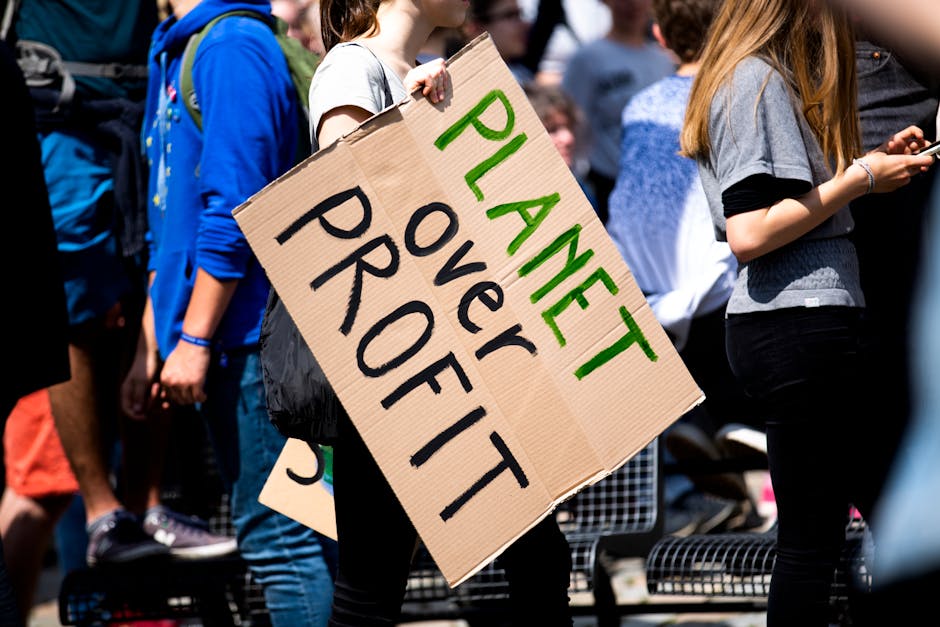**Introduction**
Global warming is a pressing issue that demands our attention. Understanding its causes, consequences, and potential solutions is crucial for safeguarding our planet and ensuring a sustainable future. This comprehensive guide will delve into the intricacies of global warming, providing insights into its causes, impacts, and actions we can take to mitigate its effects.
**Causes of Global Warming**
The primary cause of global warming is the accumulation of greenhouse gases in the Earth's atmosphere. Greenhouse gases, such as carbon dioxide (CO2), methane (CH4), and nitrous oxide (N2O), trap heat radiated from the Earth's surface, causing a gradual increase in global temperatures. Human activities, particularly the burning of fossil fuels for energy production and deforestation, have significantly contributed to the rise in greenhouse gas emissions.
**Consequences of Global Warming**
Global warming poses numerous threats to our planet and its inhabitants. Rising sea levels due to melting glaciers and thermal expansion of oceans pose a severe risk to coastal communities and ecosystems. Extreme weather events, such as hurricanes, droughts, and heat waves, are becoming more frequent and intense, causing widespread destruction and loss of life. Changes in precipitation patterns can disrupt agriculture, leading to food shortages and economic instability.
**Impacts on Ecosystems**
Global warming significantly impacts ecosystems worldwide. Coral reefs, which support a vast array of marine life, are under severe threat due to rising sea temperatures and increased acidity. The loss of biodiversity and the disruption of food chains have far-reaching consequences for the stability of our planet's ecosystems.
**Mitigation and Adaptation**
Addressing global warming requires a multifaceted approach involving both mitigation and adaptation measures. Mitigation efforts focus on reducing greenhouse gas emissions through renewable energy sources, energy efficiency, and sustainable land-use practices. Adaptation measures include building seawalls to protect coastal areas, implementing drought-resistant crops, and improving disaster preparedness.
**International Agreements**
Recognizing the urgency of the global warming crisis, nations have come together to establish international agreements aimed at reducing greenhouse gas emissions and mitigating its impacts. The Kyoto Protocol and the Paris Agreement are notable examples of these efforts, setting binding commitments for countries to take action.
**Individual Responsibility**
While large-scale efforts are crucial, individual actions also play a significant role in combating global warming. Reducing our carbon footprint through sustainable lifestyle choices, such as using public transportation, conserving energy, and adopting a plant-based diet, can make a substantial difference.
**Conclusion**
Global warming is a critical issue that requires immediate attention and collaborative action. By understanding its causes, consequences, and potential solutions, we can empower ourselves to take meaningful steps towards protecting our planet and ensuring a sustainable future for generations to come.

